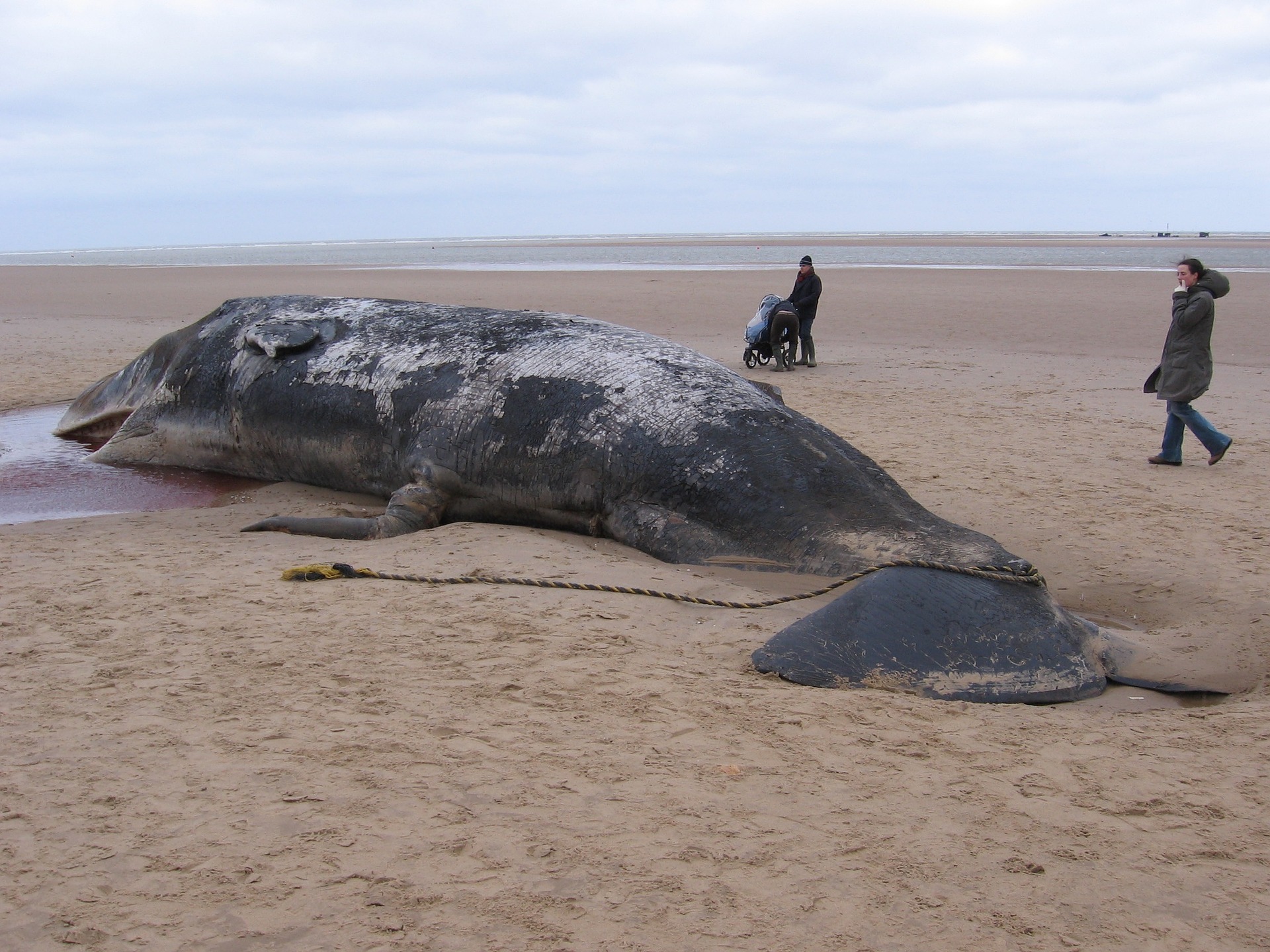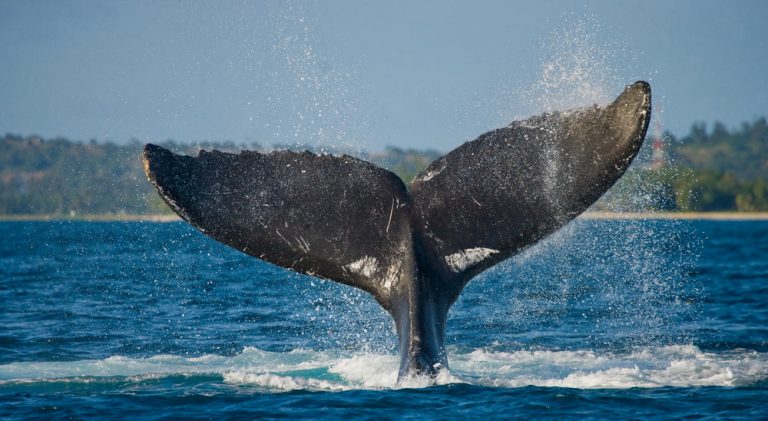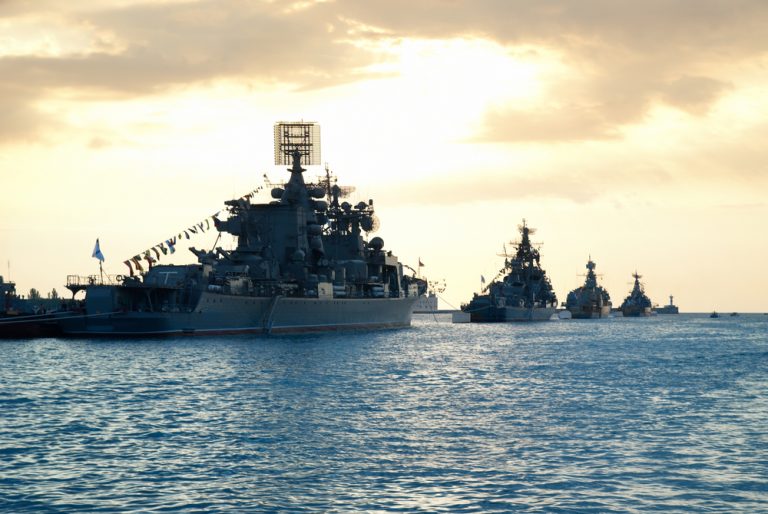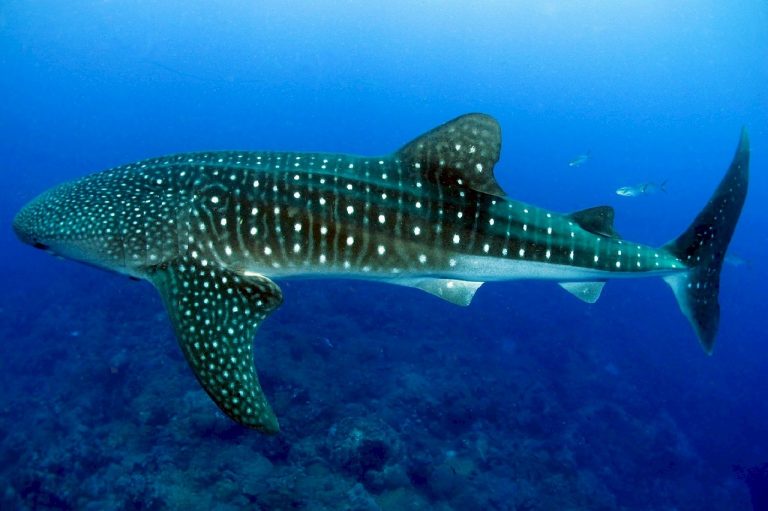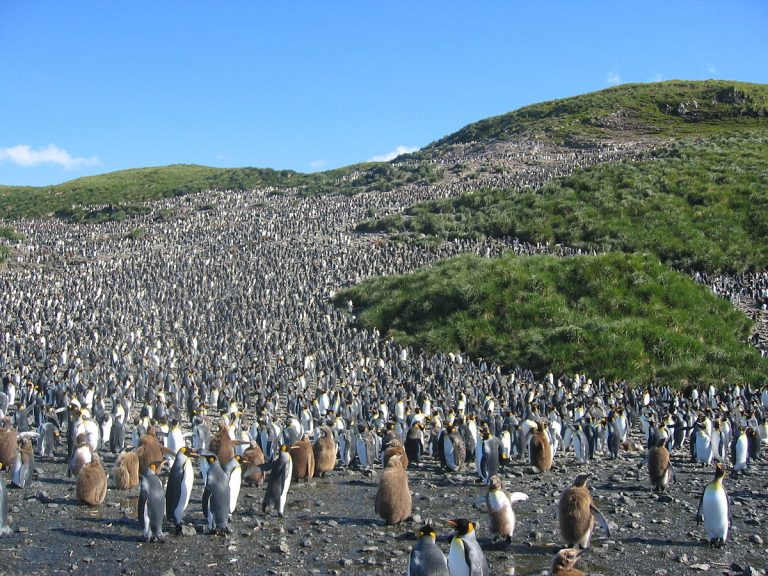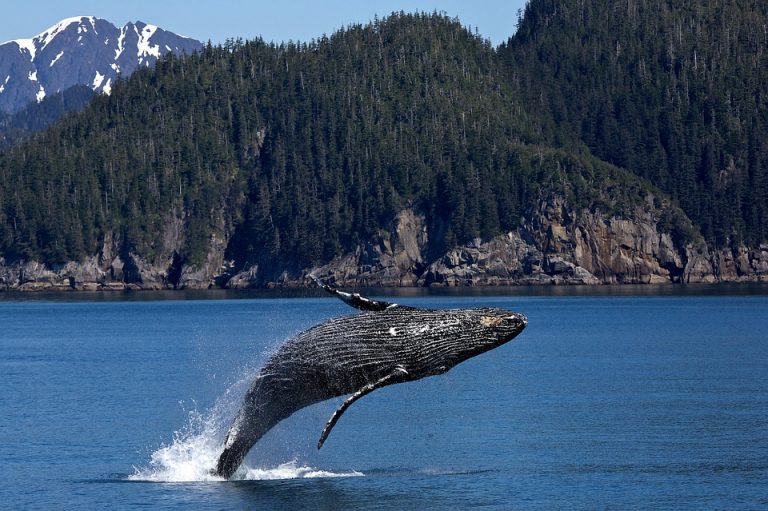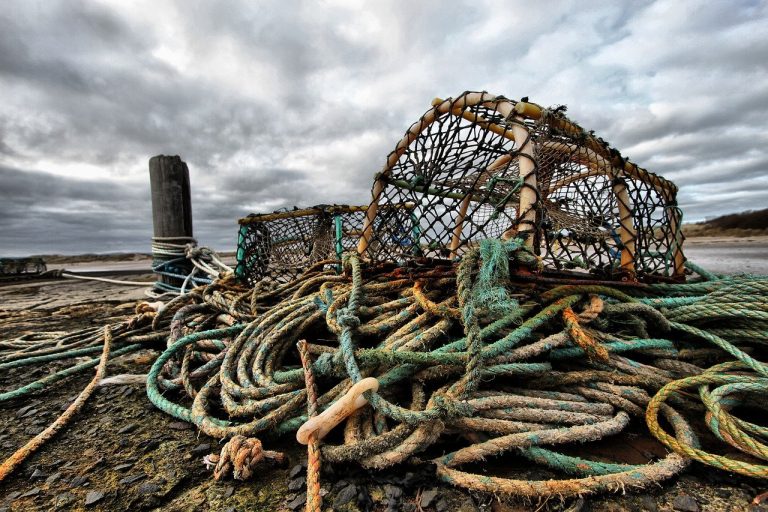Recent Mass Whale Strandings And What We Can Do To Help
Mass Whale strandings are becoming a very frequent and unpleasant occurrence.
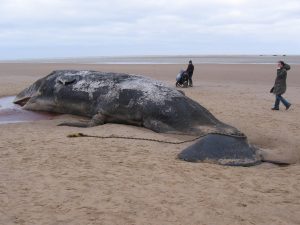
Whale strandings commonly known as beaching, is an unpleasant phenomenon in which these massive aquatic animals strand themselves on a beach. Beached whales, and dolphins, often die due to collapsing under their own weight, dehydration, or drowning during a high tide.
Several scientific explanations of strandings have been proposed in the past; however none have so far been widely accepted as a reason for this behavior. Actually, scientists have never really understood what drives whole pods of whales to beach themselves throughout the world’s coastlines.
Let’s look at some recent incidents of whale strandings and see if there’s anything humans can do to prevent or even reduce these occurrences.
A Closer Look At Mass Whale Strandings
Recent Incidents Of Mass Whale Strandings
Earlier this year, around 600 pilot whales became stranded on a New Zealand beach. Out of that number, 400 died even before any help could arrive to push them back into the waters. Sadly, this kind of mass whale stranding occurs on a regular basis ever since humans could remember.
In late 2015, over 300 Sei whales died in a fjord in Chile. Mass whale strandings have also occurred in Europe: one in particular being the incident in February 2016 where another 29 sperm whales died on the coasts of France, Germany, and England.
What Could Be Causing All These Strandings?
No doubt, it’s quite logical to immediately blame these whale strandings on human activities. But the fact that most whales often get stranded, and in the exact same locations around the world, indicates that there are some more unseen factors involved here.
For one thing, these incidents tend to happen in shallow areas with slopes, and often sandy seabeds. In these situations, it’s a no brainer that these aquatic animals, which are better at swimming in deep waters, can get trapped and find it hard to maneuver back to deeper waters.
Another strange angle is that some species are more prone to this phenomenon than others. For instance, pilot whales in particular are known for stranding. Also false killer whales, sperm whales, and Cuvier’s beaked whales.
So, let’s explore what could be the most prominent reasons for these incidents.
Old And Sick Whales
An older whale would find it difficult to keep up with the younger members of the group or to resist inshore currents or heavy swells. Also, because of failing strength, these large aquatic animals may strand. This makes sense when you consider that some of these whales are found to be in poor health.
A diseased whale is weak and it will seek shallow waters so that it can easily get to the surface for oxygen. In the process it could swim too far to shore and lack the strength to move back into deeper waters.
Sonar Interference
For long scientists have suspected that whale strandings may result from abnormal human activities, particularly military activities that involve the use of sonar.
A study conducted by the Pelagos Cetacean Reserach Institue first suggested this in the mid-90s off the coast of Greece after a NATO military exercise coincided with the stranding of twelve Cuvier’s beaked whales. Unfortunately for the whales and research activities, there was no chance for veterinary examination.
But in the year 2000, another mass stranding of beaked whales again took place this time in the Bahamas that coincided with naval activities using similar mid-frequency sonar. Many whales were examined, and a hemorrhaging around the inner ear was discovered which indicates painful acoustic trauma.
Its therefore safe to conclude that sonar does affect whales negatively.
Whales Consuming Marine Trash?
There is strong possibility that lack of prey (caused by overfishing) can result in malnourished whales.
Shockingly, many stranded whales have been found with huge volumes of plastic or oceanic litter in their gut. Digestion of these hazardous materials will definitely lead to intestinal disease and malnutrition.
Also, as whales sit at the top of the food chain, hazardous materials eaten by their prey can also accumulate in their bodies causing even more harm.
Herd Behavior
Sometimes there’s a mass stranding and a large proportion of the whales can be saved. This happened in Chile and New Zealand and gives the impression that healthy whales may just be following their group members into shallow waters unknowingly.
In all, though human beings are not directly responsible for every stranding incident, we can still address some areas that are within our control.
For example, in the aspects of loud noise in the ocean and marine trash. Human activities in these two areas have a direct effect on whales as seen time and again. As a matter of fact, these two issues are now major conservation concerns.
Whales do us absolutely no harm and they are some of the most gentle creatures on the planet. When we enter their home (the oceans and seas) we must do so with the utmost regard for all the creatures that depend on the waters for their living.

